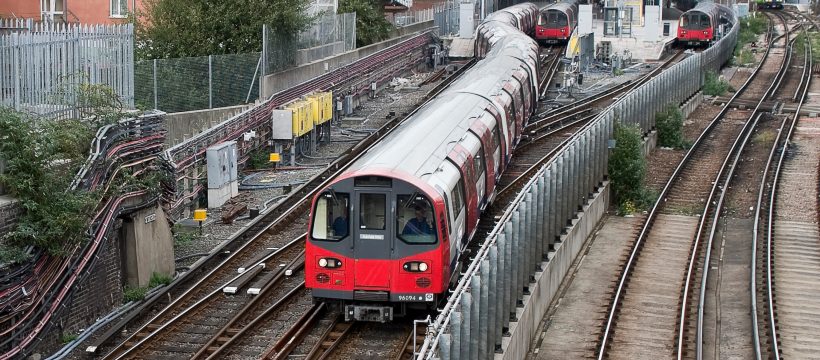How are local health services performing during Covid-19?
Tower Hamlets Healthwatch want local residents to tell them how the system is working for local residents. Leave your feedback here.
They’re holding a follow-up Zoom webinar with Professor Sir Michael Marmot to discuss health inequalities and Covid-19. It’s on Weds 30th Sept 1.30 – 3.30. Book your place here.
How to get a coronavirus test
If you think you need a coronavirus test start here.
Transport for London financial difficulties
TFL costs £7.2 million a year to operate. It is £12 billion in debt. Currently only about 1/3rd of the normal passenger numbers are using the underground. Buses are running with about half of last years passenger numbers. That’s according to official figures. My own experiences travelling into town on the underground would put that much lower. I’ve regularly encountered only 2 -5 people per carriage during the daytime.
The Economist says that TFL used to get over 70% of its income from ticket sales. In Paris and New York only 40% of transport revenue came from ticket sales, presumably due to greater subsidies. With no improvement on the horizon something is going to have to change.
In May TFL got an extra £1.6bn from central government. Now it asking for an extra £5bn to tide it over the next two years.
Councils fine record numbers of motorists
London and Cardiff are collecting £58 million a year in fines. They are the only two cities in England allowed to fine people for “moving traffic offences”, such as stopping in a yellow box. The Department of Transport is now expanding this into other areas. A poll conducted by the RAC found that 68% of drivers thought that councils would deliberately make road layouts and signage confusing to increase revenue.
Free to use cash machines disappearing
Since the coronavirus epidemic started a one in eight bank branches or cash machine have closed. This is in addition to previous closures.
Caroline Abrahams, Age UK’s Charity Director said: “It remains the case that significant numbers of older people rely on cash: it helps them budget effectively if they’re on a tight income, pay back a carer or friend who makes small purchases on their behalf.
“If they’re not online or in an area with poor connectivity it’s an essential back up if other ways to pay don’t work for them. They need continuing access to a convenient and affordable payment method that they can trust.”
Banks used to make money by paying less interest on deposits than they charged to others for loans. With the base rate at 0.1%, that no longer works. Bank branches and cash machines cost money to run. The Co-op Bank has just announced that it will be closing on in four of its branches. The ATM machines will go with them.
It’s up to the government to act.
Old £20 notes still legal tender
The Bank of England website says you can still use the paper £20 notes and says it will give six months notice of when they will be withdrawn. The old £10 notes are no longer legal tender and the Bank offers advice on where to change them.


